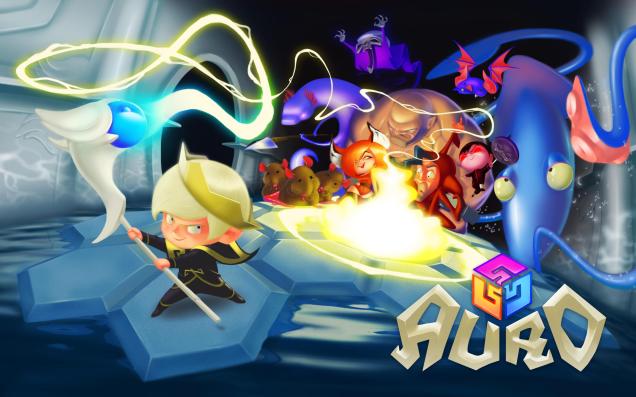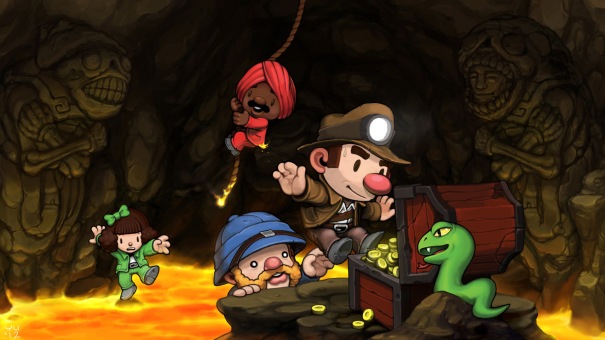
When I browse around gaming forums and subreddits, I see a lot of people asking the same question:
“What are other games like _______?”
It’s a fair question, and it makes sense. People are generally aware of their own tastes, for the most part. However, without an understanding of why they like what they like, people have to instead make comparisons and just hope that’s good enough. People might call Borderlands a mashup of Diablo and Call of Duty. Unturned might be called a mashup of DayZ and Minecraft. But is the actual experience of playing any of those games really similar to the games they come from? Do you play Call of Duty for the same reasons you play Borderlands? What exactly does Unturned have to do with Minecraft?
You could really go wrong making recommendations based on visual elements or theme when the primary driver of the experience is the rules of play. What you can and can’t do, what you’re asked to do, and how you decide to do those things are what shape the actual player experience much more than theming alone. With that in mind, I want to talk to you about a game where what you do is actually unlike anything else I’ve ever played – Auro: A Monster-Bumping Adventure by Dinofarm Games. Continue reading
